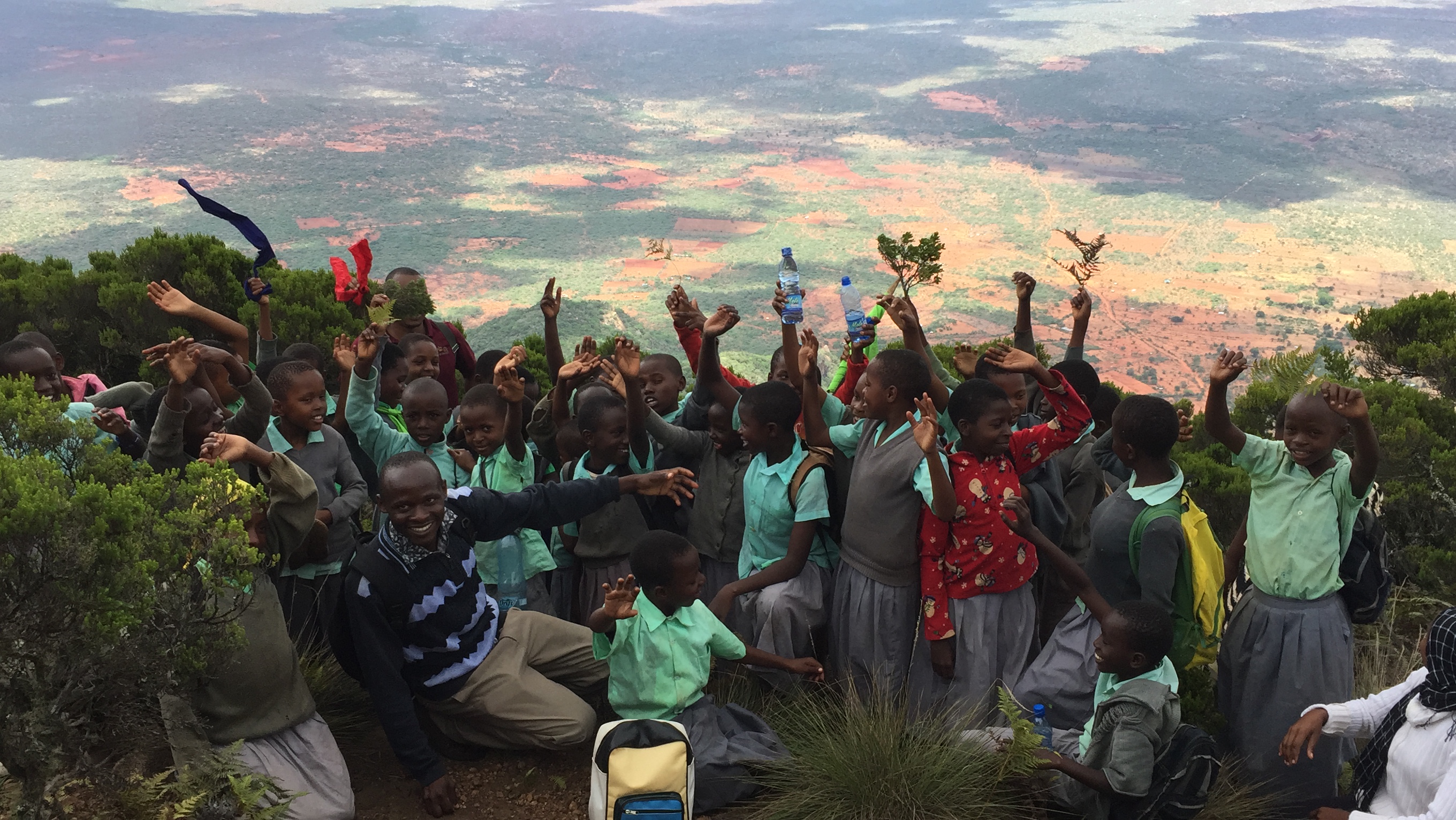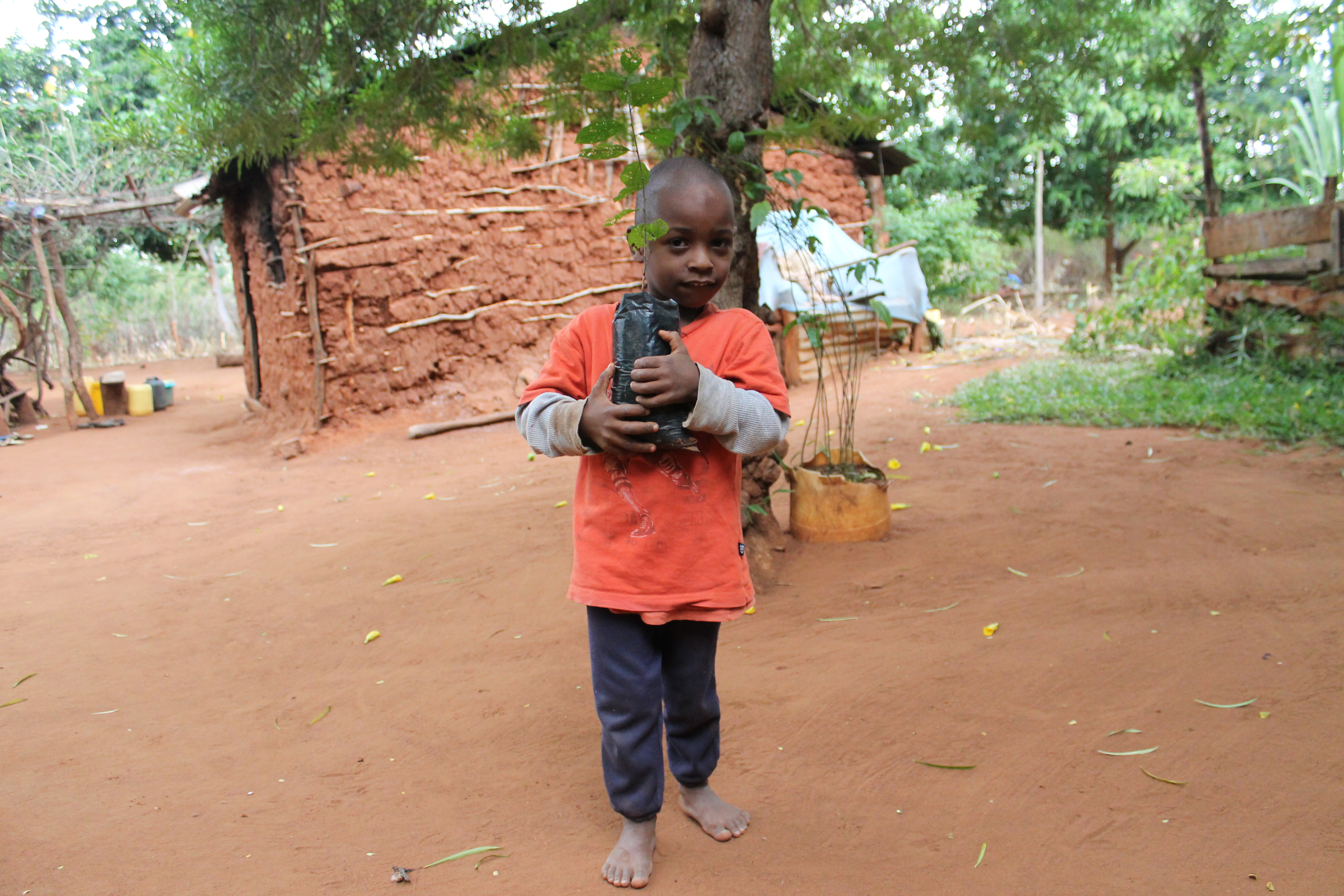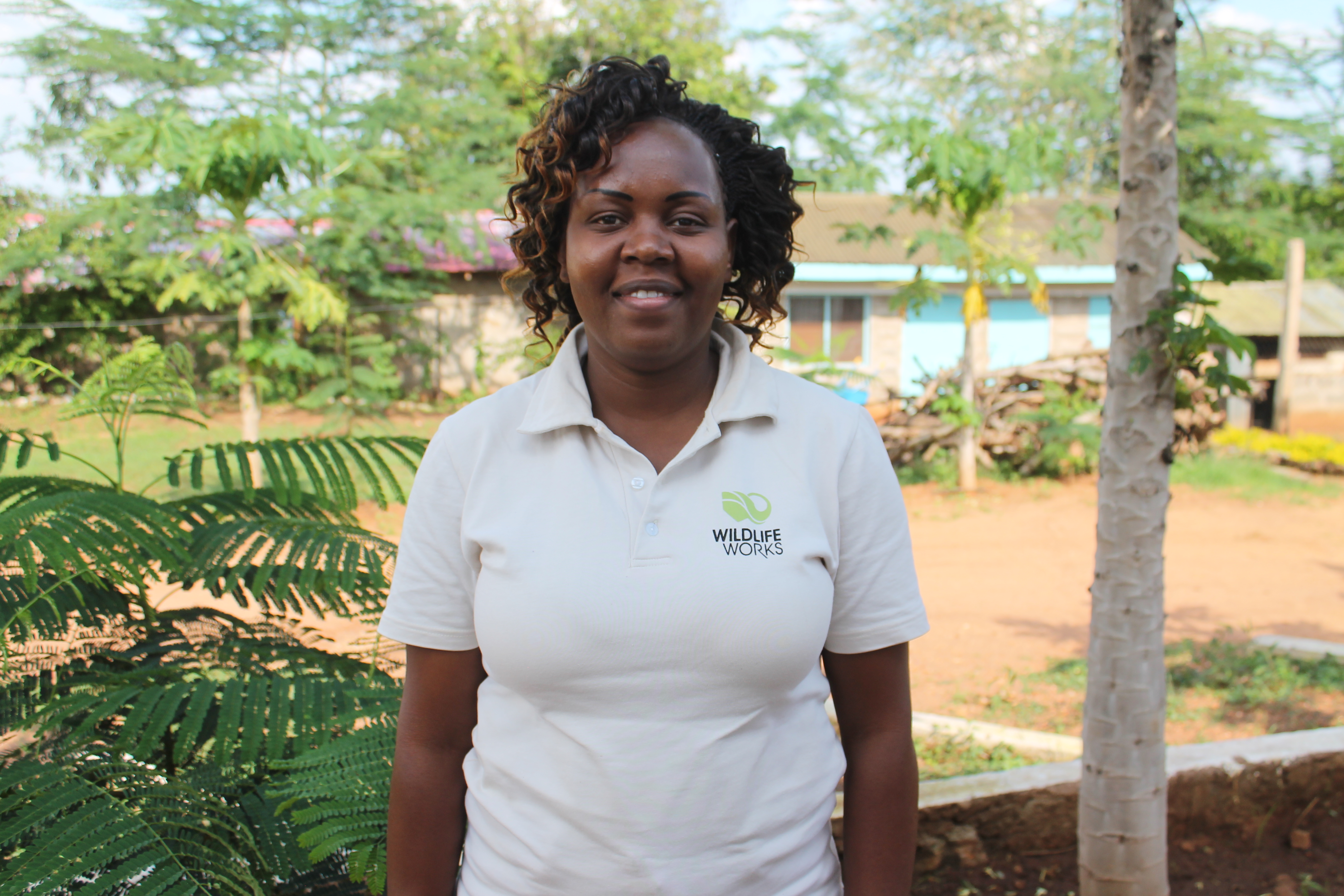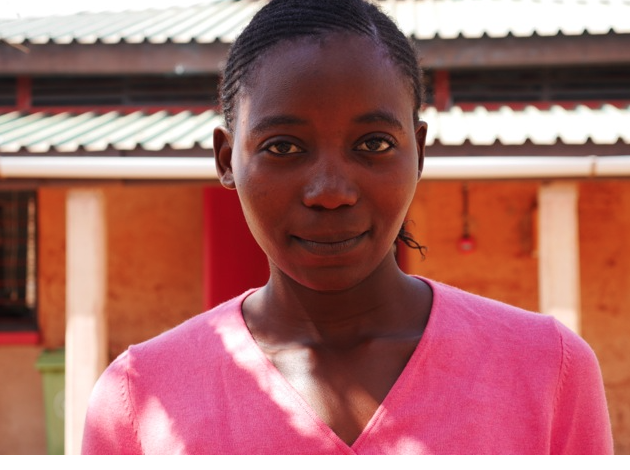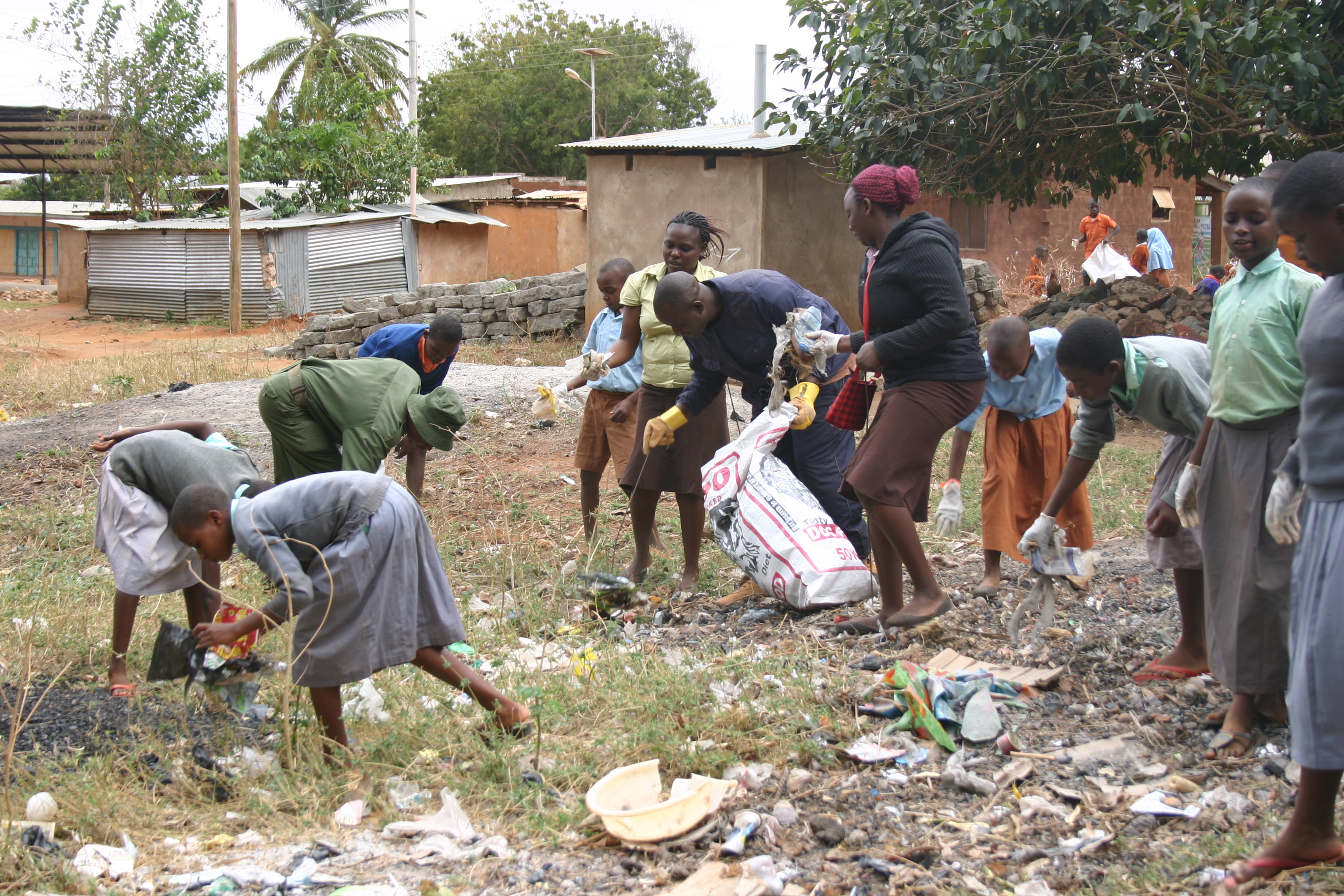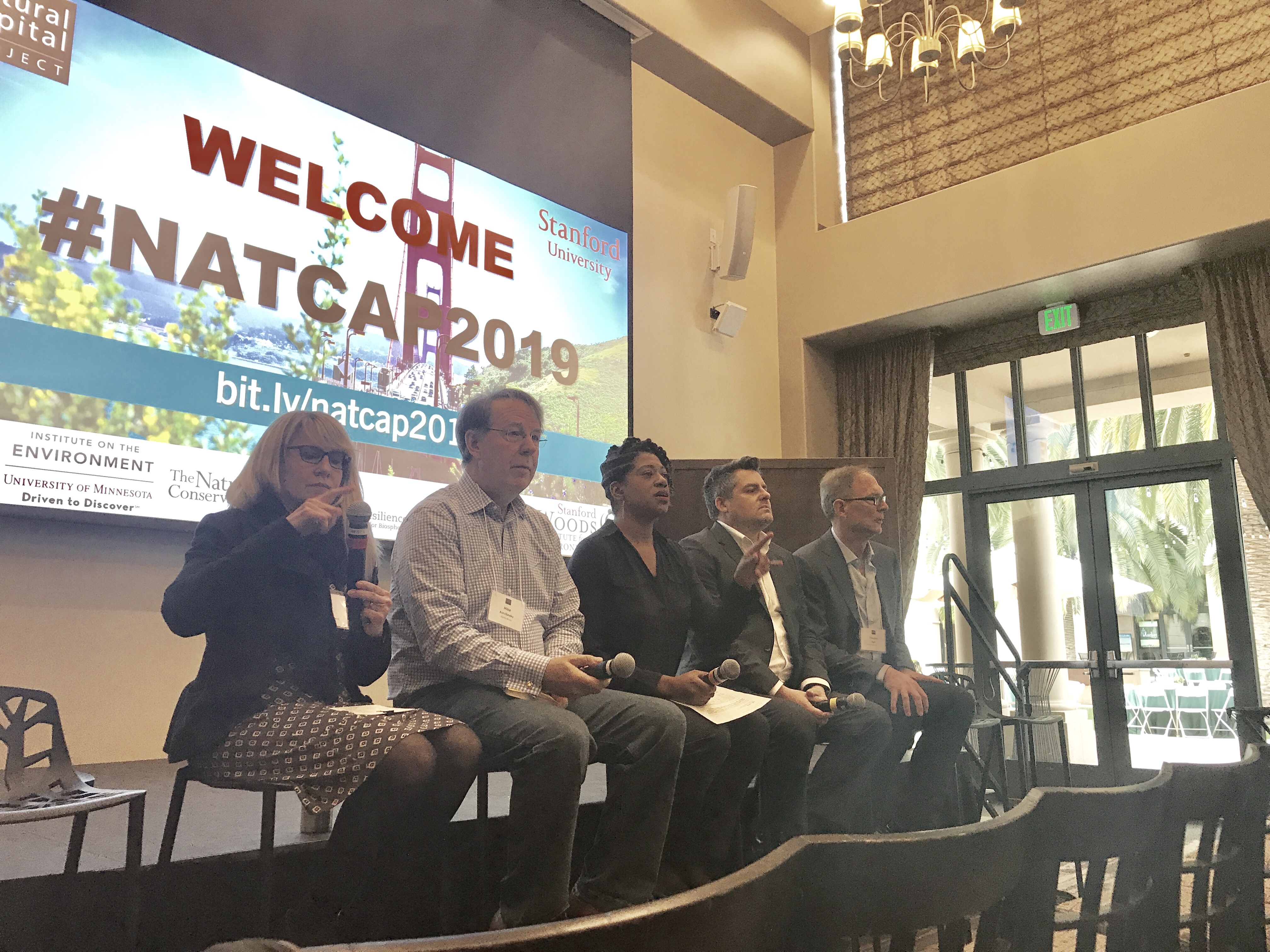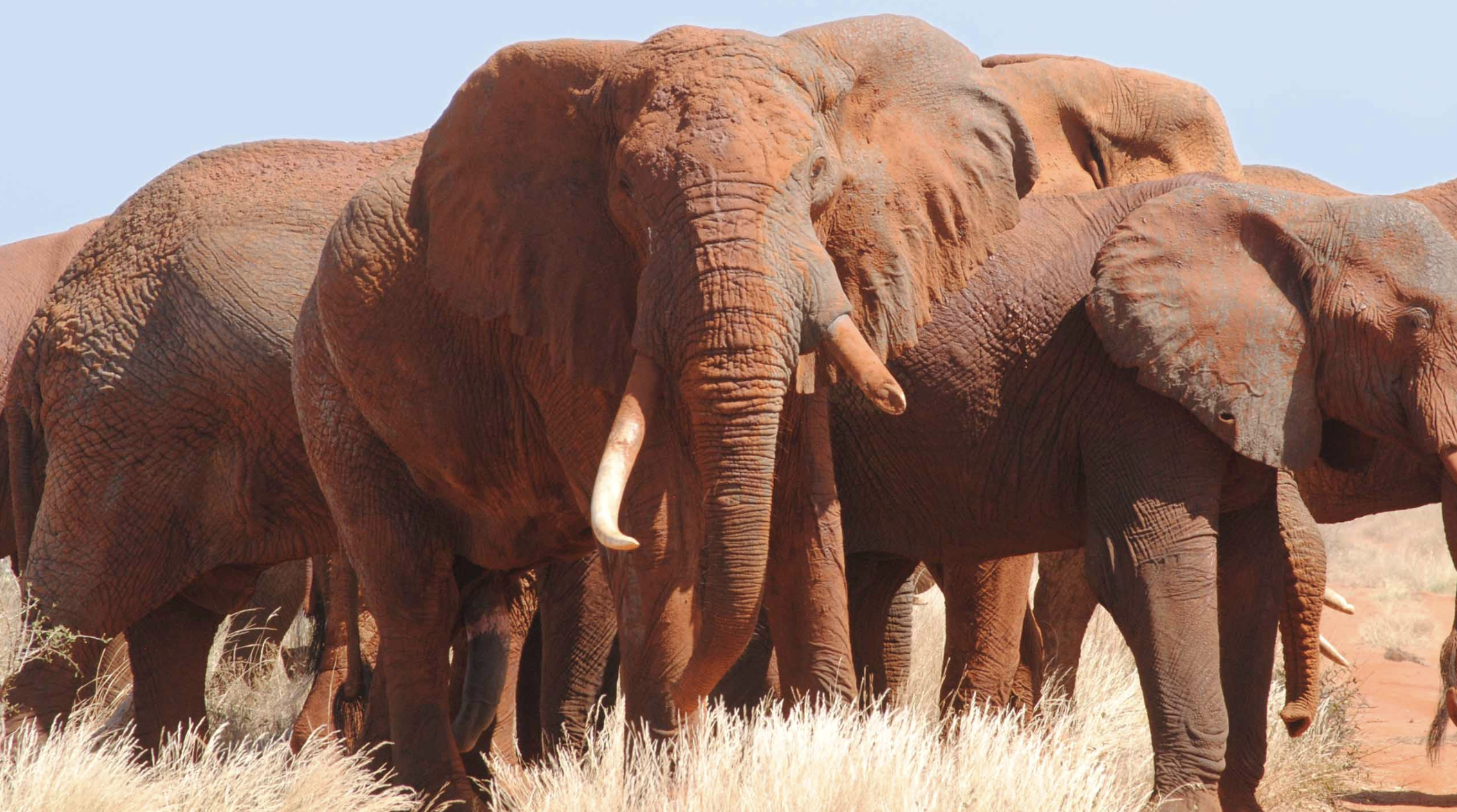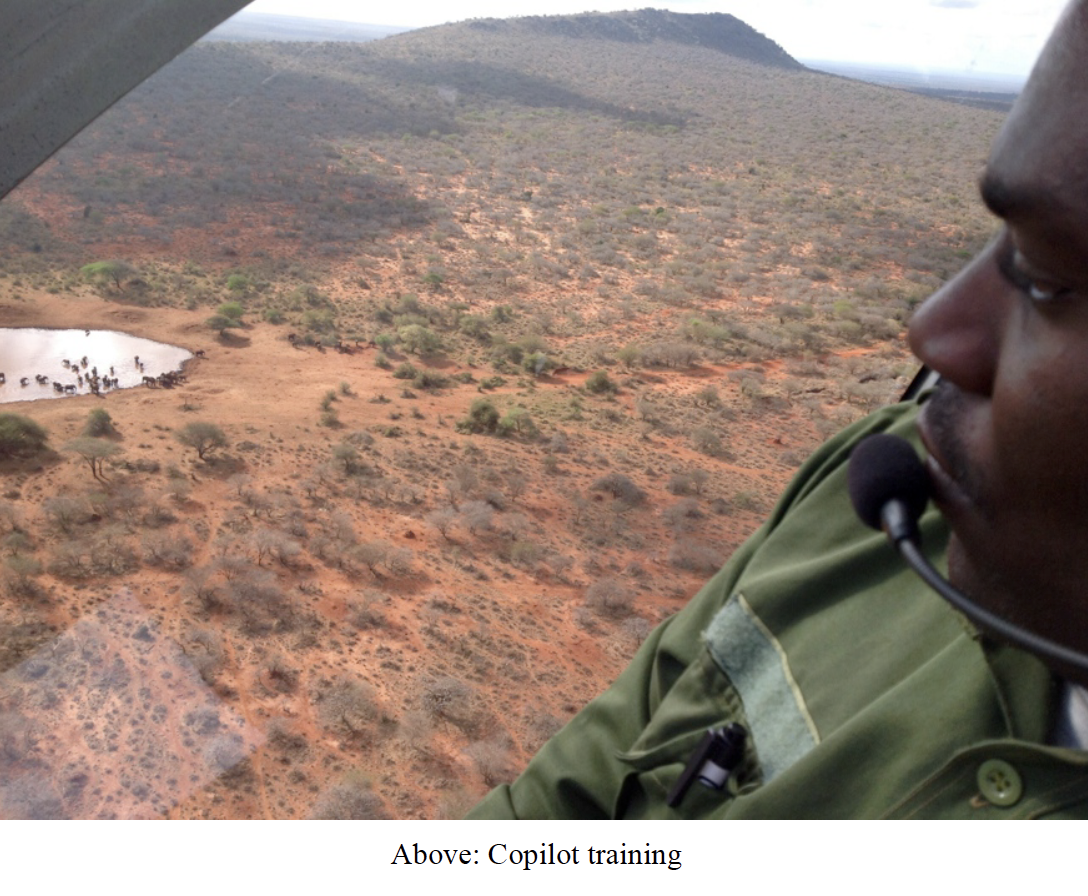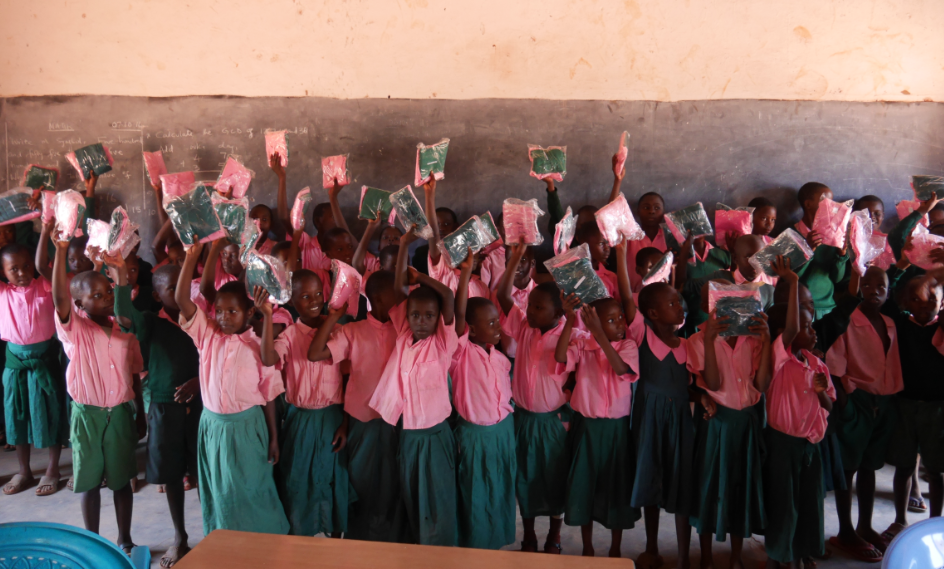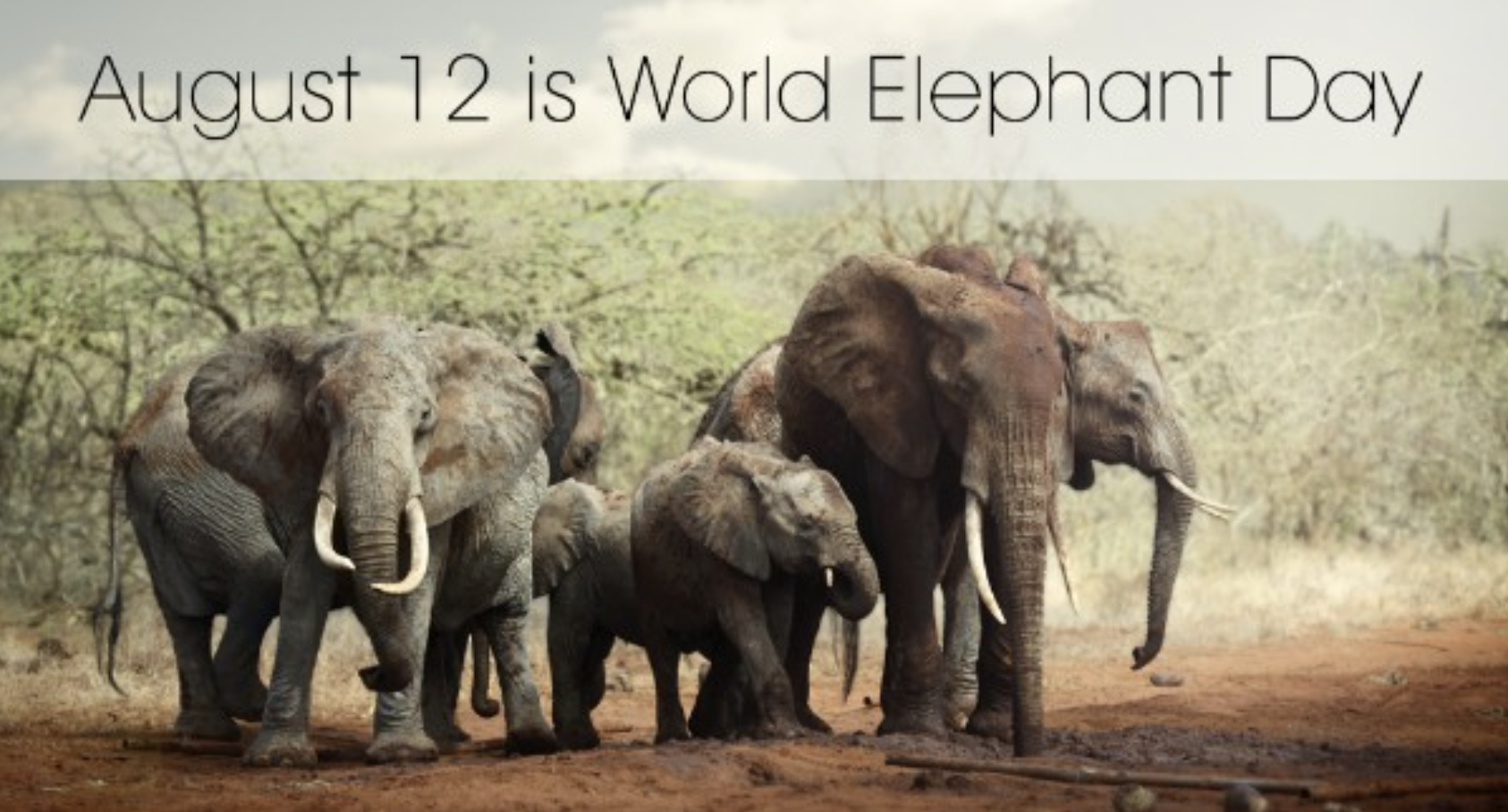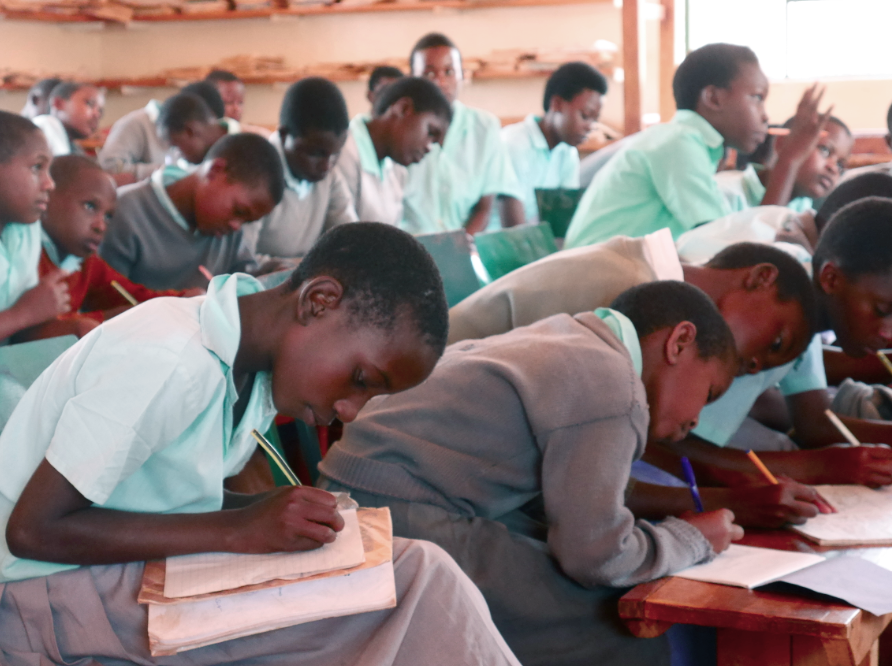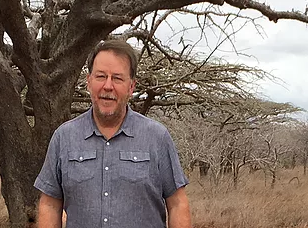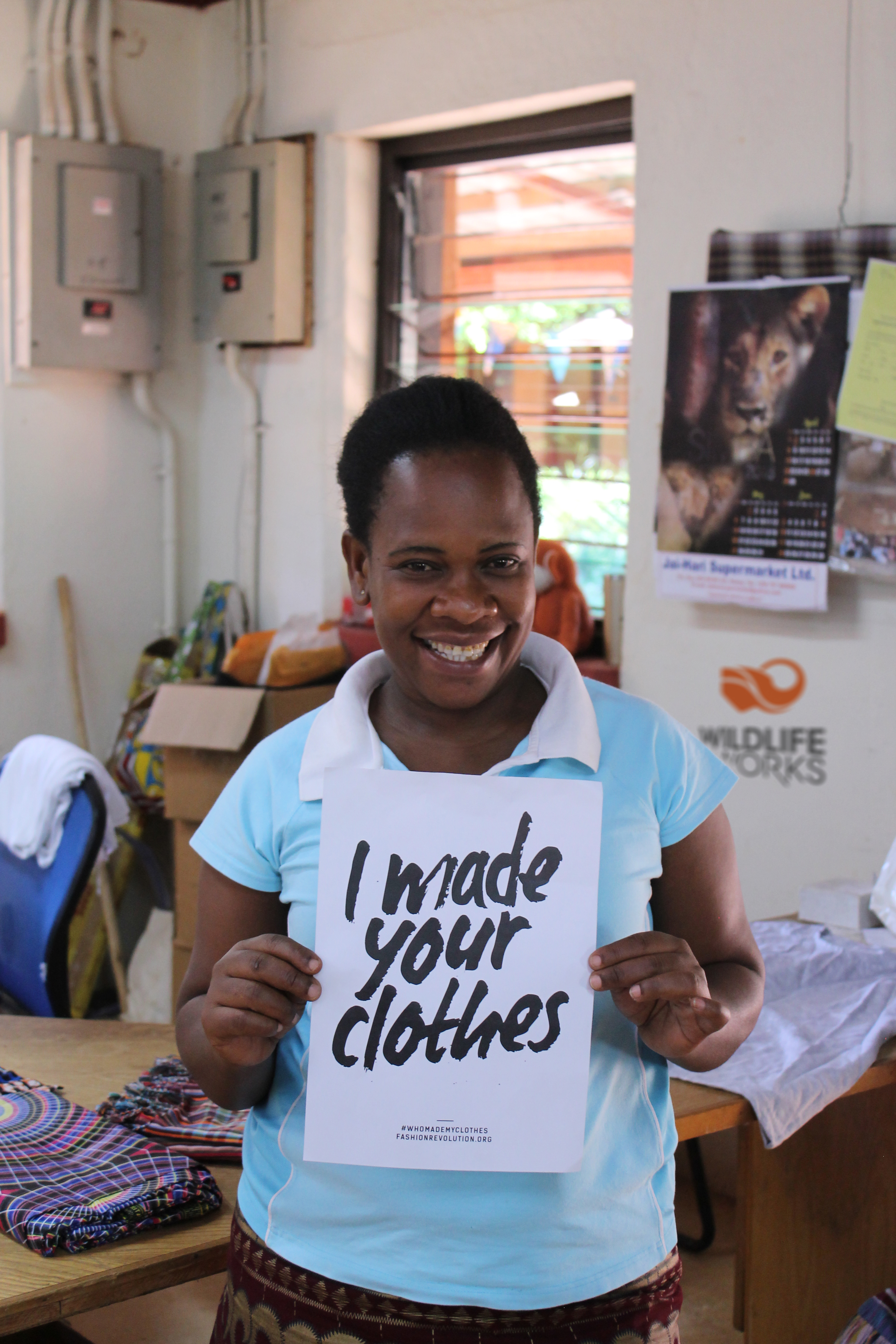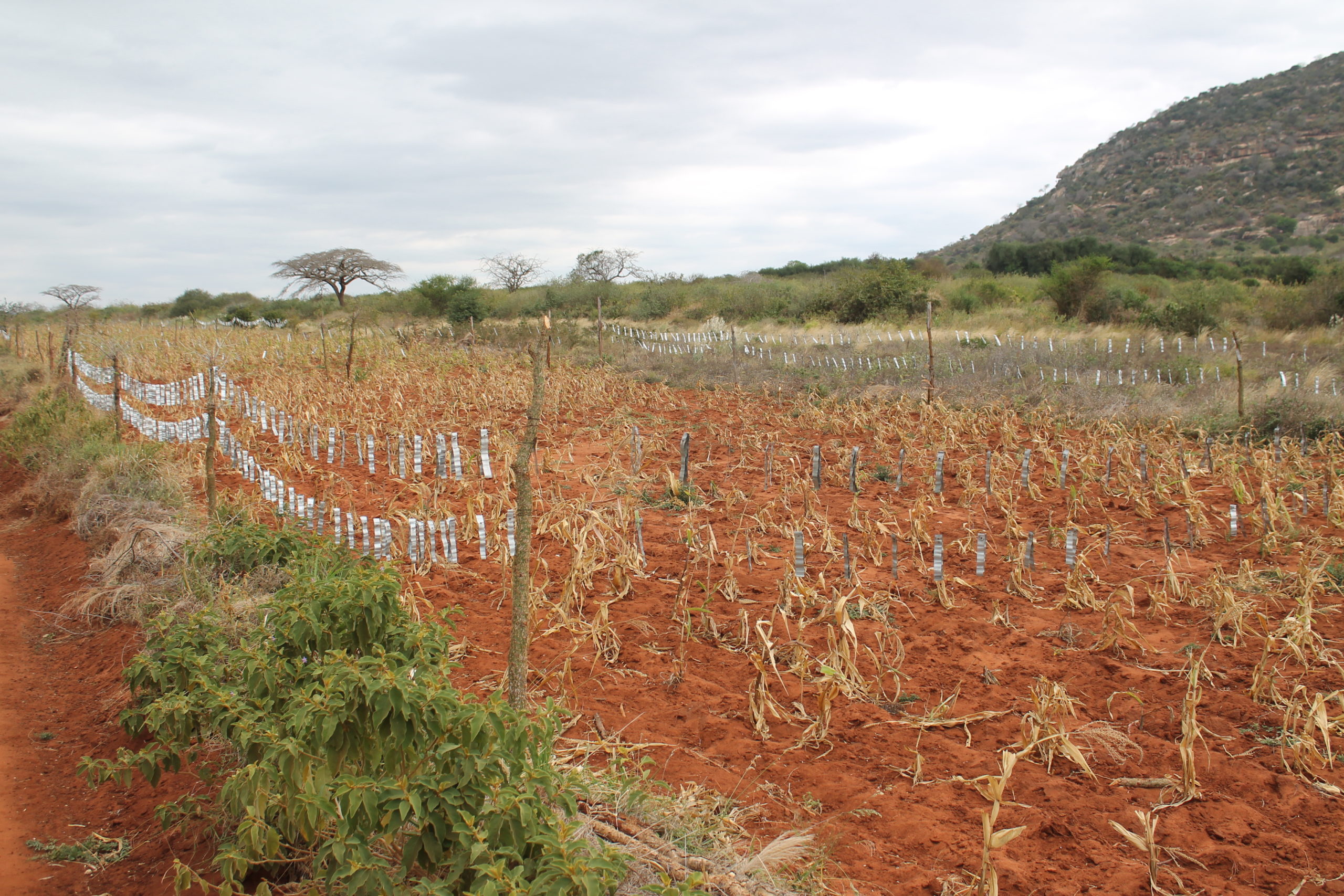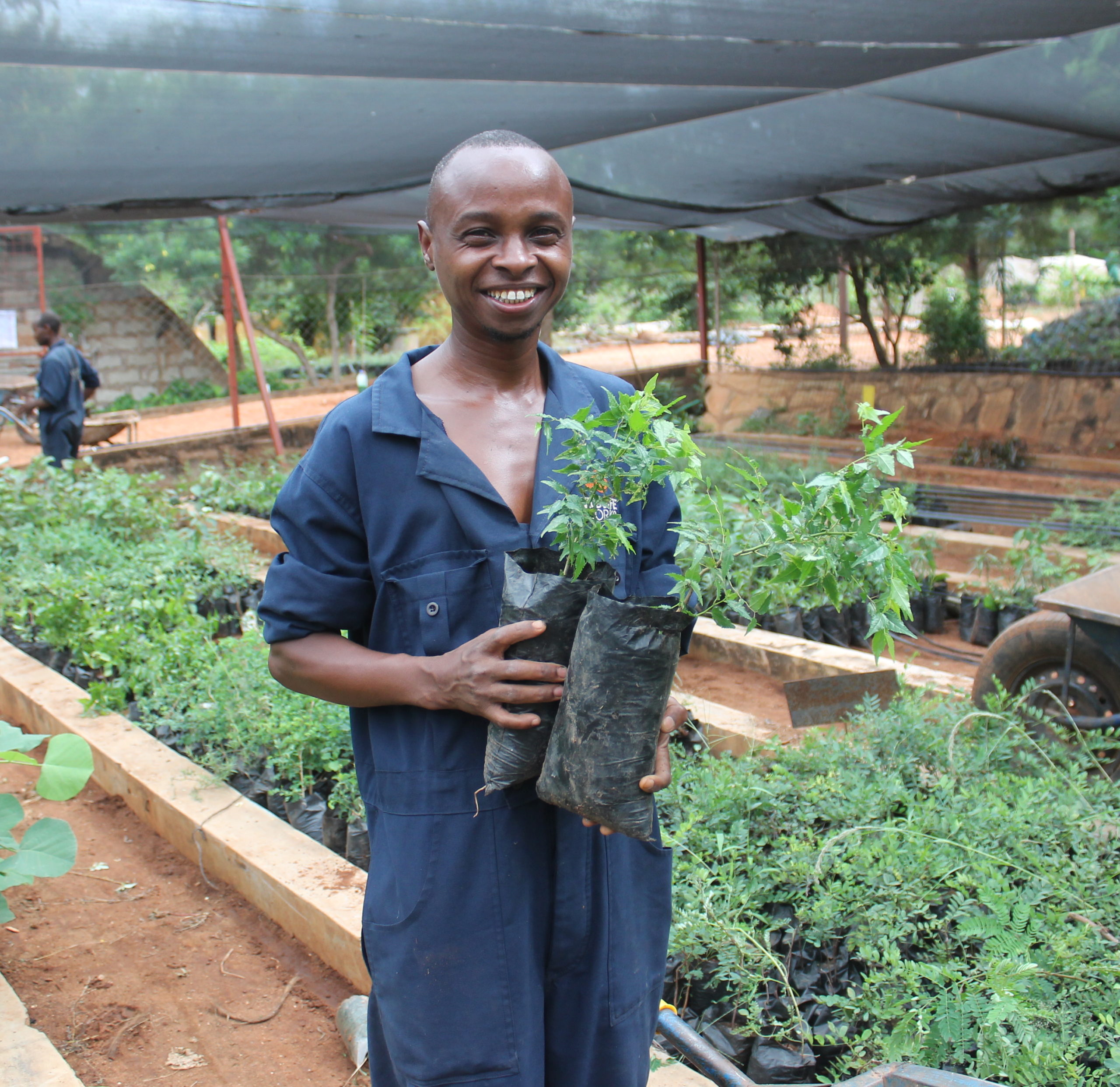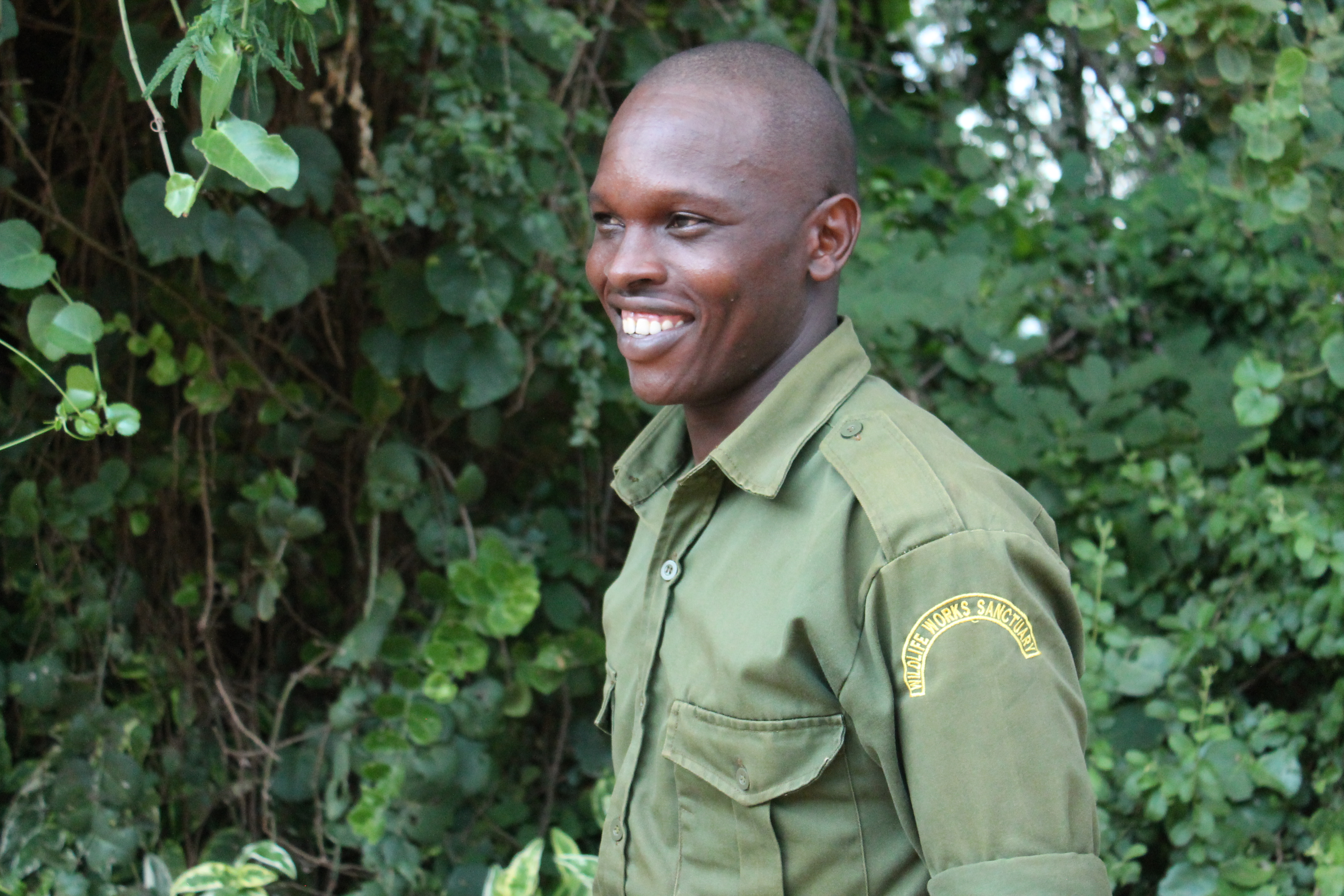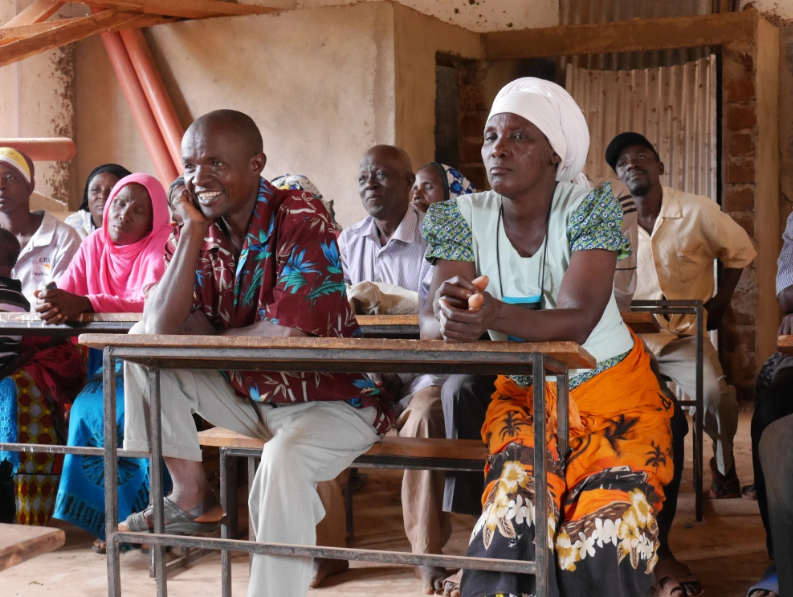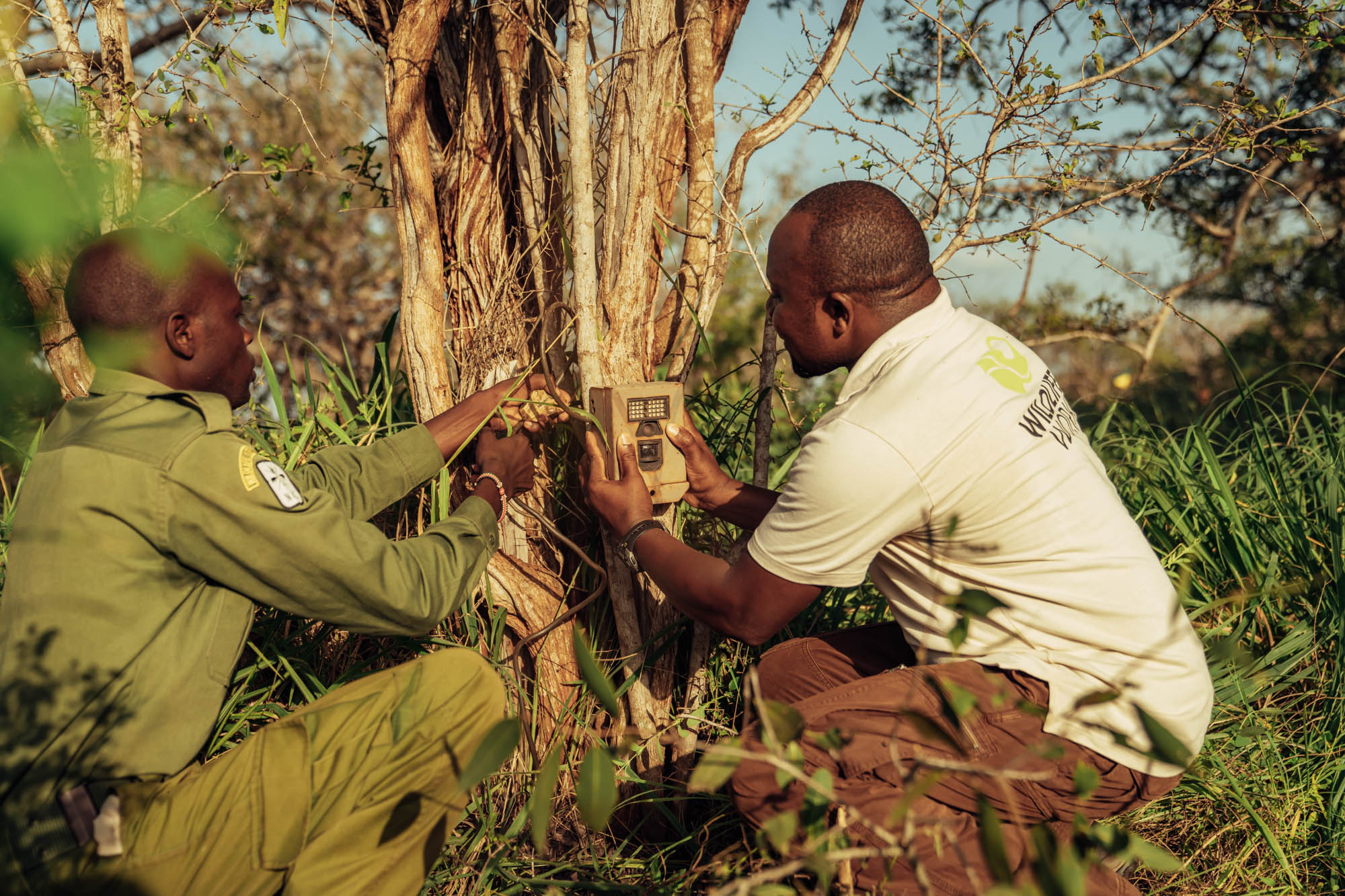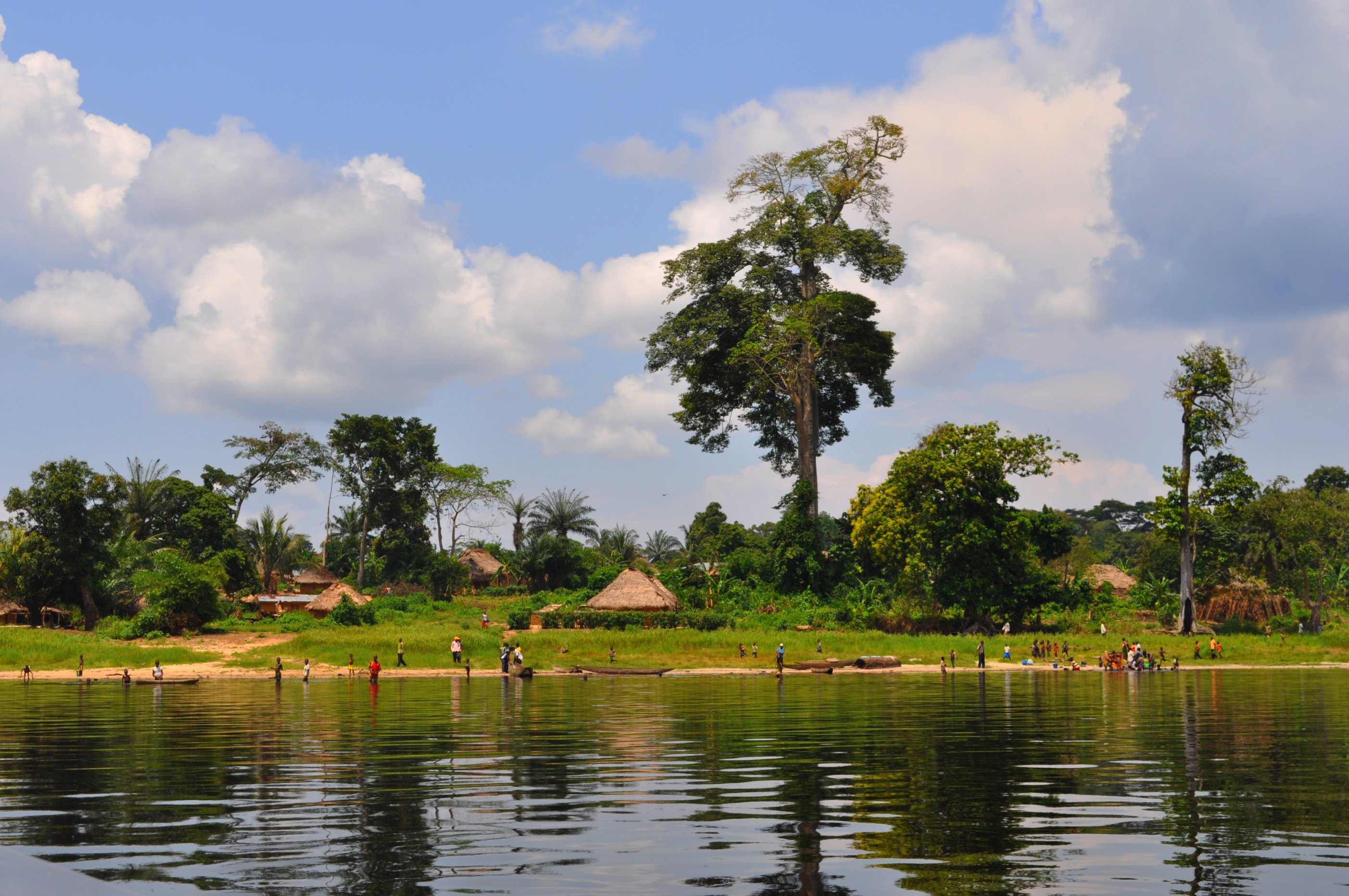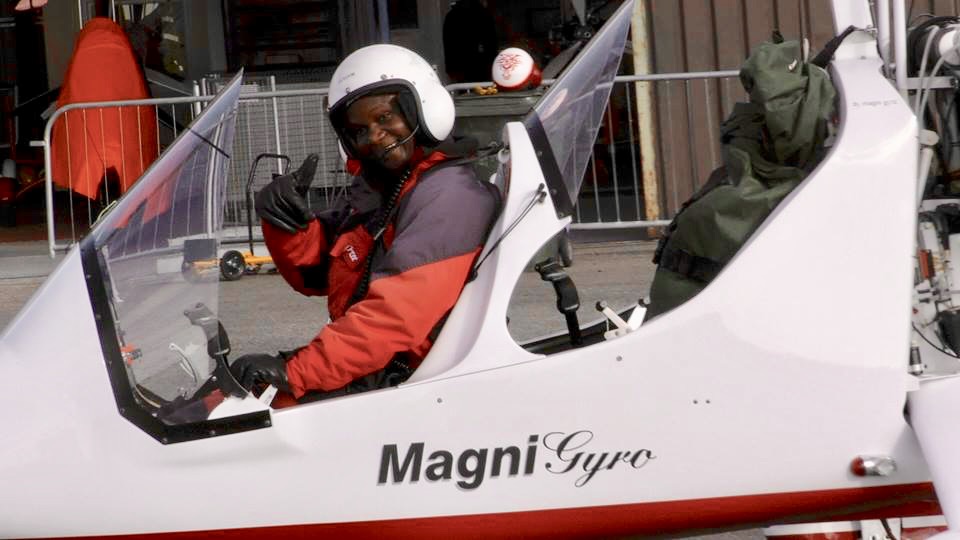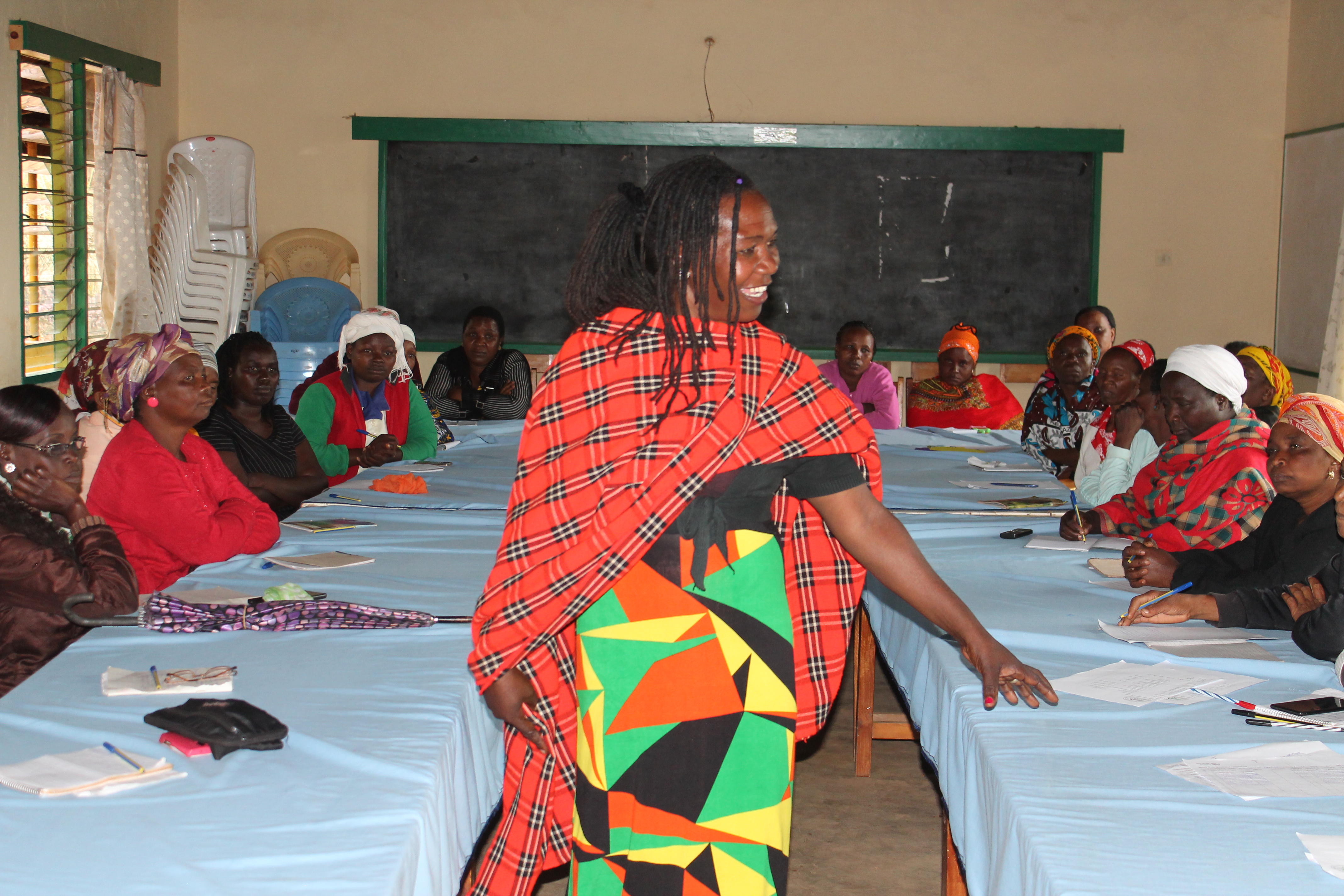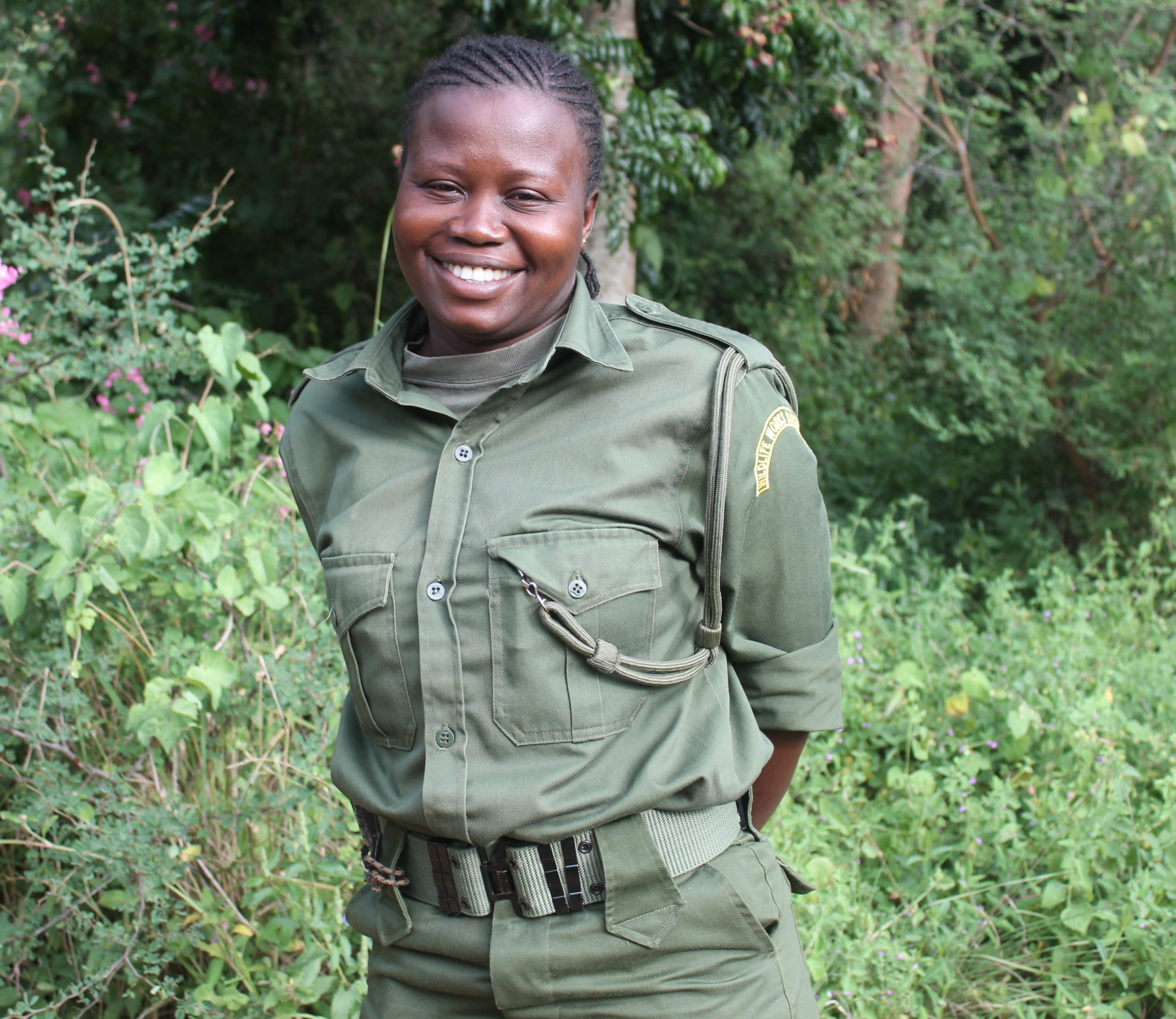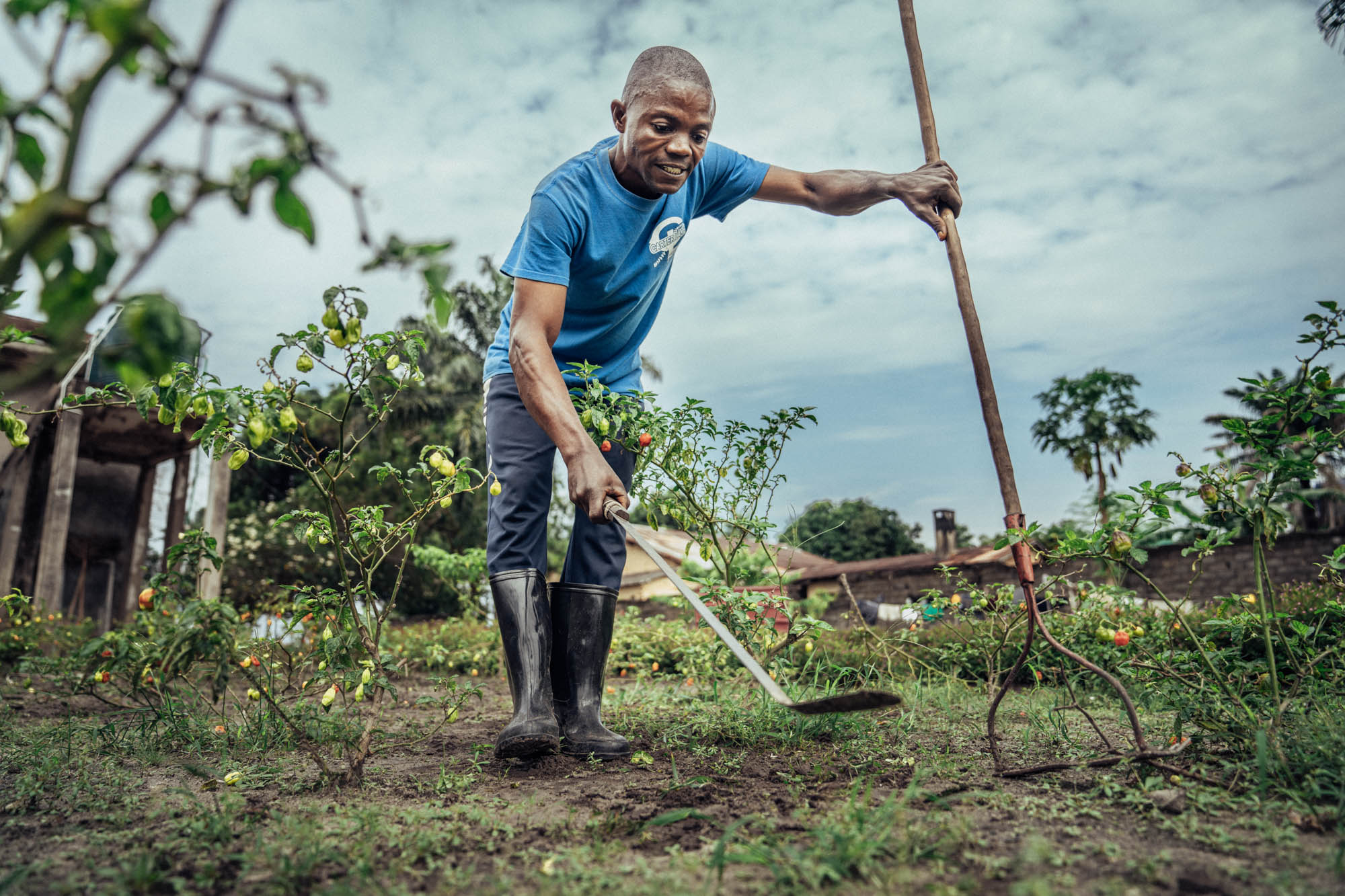-
Inspiring Local Kids By Hiking Mountains
Mount Kasigau sits at a moderately impressive 1,640 meters. Compared to Mount Kenya the nears 5,000 meters, this mountain may barely set records as a tough climb. However, heat, elevation difference and either dry or muddy condition make this peak noteworthy. The Kiteghe Wilderness and Environmental Club does a big trip at the end of every term, three times a year. Big trips like this one are only made possible through funding and support from Wildlife Works who helps supply guides, adult chaperones, snacks, and water for the trip. Any kid aged 12-16 can join the Environmental Club. They hold a capacity up to 45 members and will fill all…
- About, Adventures in REDD+, Biodiversity, Conservation, Democratic Republic of the Congo, Forest Communities, Wildlife
Project Impacts of 2014
Wildlife Works thanks the corporate leaders that contributed to 2014’s success of more than double that of our REDD+ projects in 2013. Here we look back at the impacts on the ground in 2014. Kasigau Corridor REDD+ Project, Kenya Mai Ndombe REDD+ Project, Democratic Republic of the Congo
-
A Letter from Founder & President Mike Korchinsky on Our No-Gun Policy
We’d like to extend a huge thank you to our supporters and the viewers of ‘Ivory Wars’ for their outpouring of support and encouragement following the initial airings of the series set at our Kasigau Corridor REDD+ Project in Kenya. Elephant poaching remains a serious issue, and we’re glad this opportunity has allowed us to more broadly bring to light its devastating affects. Since the initial airing, we’ve received some questions about the no-gun policy for our rangers. In an effort to ensure transparency and clear communication about our diligent efforts to keep our rangers safe, we’d like to share some detail about this policy, which has developed as a…
-
Marie Stopes Brings Reproductive Health Services to Wildlife Works Employees
Marie Stopes Kenya, a non-governmental organization that conducts free family planning programs across the country, recently conducted a tremendously informative workshop at our community in Kasigau. More than 100 employees attended, 22 of which benefited directly from the free reproductive health services offered by MSK. These reproductive health services, including family planning services and cervical cancer screenings, were entirely sponsored by Wildlife Works. Although made available by other members of the health industry, the cost of these services often prohibits employees from being able to take advantage of them. Apart from the high costs associated with most family planning services, lack of information and access to birth control methods propagates…
-
Eco-Loans from the Zawadisha Fund to Boost Women Entrepreneurship in Kasigau Corridor
At Wildlife Works, we believe in empowering women to overcome societal limitations imposed on them by continuously supporting and investing in projects that enable women to make an independent livelihood. We are proud to announce the inclusion of our newest partner in these efforts. The Zawadisha Fund, a non-governmental and non-profit microfinance organization that provides affordable loan facilities to groups of women around Kenya, began work in the Marungu area of the Kasigau Corridor late last year and is already tremendously influencing the lives of marginalized women in the area. On their arrival to Marungu, leaders of the organization met with us to discuss the scope of their project in…
-
Marasi Primary School Renovations
Many people in the Kasigau Corridor view Marasi Primary School as the symbolic center of Maungu, which is the town nearest to our Wildlife Works REDD+ Kasigau Headquarters. Many of our employees, including the Human Resources Manager, Laurian Lenjo, completed their primary education there. Unfortunately, a visit to this school, started by parents in 1974, revealed crumbling roofs, peeling paint and door-less classrooms. Students who are fortunate enough to obtain a seat during class must sit at unstable desks that are shared with at least four others, while the remaining children sit on the dusty floor. Several months ago, the school received critical funding through the sale of carbon credits…
-
Empowering School Girls in Kasigau Corridor to Remain in School
Lack of sanitary pads is a common concern for girls and women living in poverty-stricken backgrounds in developing nations. In dire circumstances, they are forced to improvise by using rags, tissue, leaves and other unhygienic materials. This humiliating practice can also lead to serious infections. Studies and research have also attributed the lack of sanitary towels as the main cause of school absenteeism for countless teenage girls in rural and poverty-stricken areas in Kenya. A recent collaborative study by the United Nations Children’s Fund (Unicef), The Girl Child Network (GCN) and Human Relations Trust (HRT) shows that one in every ten girls in Africa misses school and eventually drops out…
-
The Rescue of Baby Elephant, Mackinnon
The David Sheldrick Wildlife Trust recently indicated that an orphaned elephant rescued from the Mackinnon region of our project area is thriving under their care. Mackinnon, as the young elephant has been nicknamed, had somehow become separated from his family and ventured out of the forest before coming upon the town of Mackinnon, which is known for hostility towards wildlife. Fortunately, that night the area chief came upon the stray elephant and immediately called our security department. Usually during such a scenario, plans are swiftly made in collaboration with the David Sheldrick Wildlife Trust to airlift the elephant to an orphanage in Nairobi, but since night had fallen, the only…
-
The Efficiency of Carbon Credits: Wildlife Works’ REDD Project Gives Hope to Families in Kasigau
Only someone who has never witnessed first-hand the plight of a developing nation would dispute the effectiveness of carbon credits. According to a report by the UN-REDD Programme, deforestation and degradation of forestlands account for more than 20% of worldwide greenhouse gas emissions, second only to the transport sector. Forest communities that lack an alternative source of income are forced to decimate the surrounding environment and wildlife to make a living. But what if they were empowered to conserve forests instead of destroy them? The Wildlife Works REDD+ Carbon Project in Kasigau, Kenya, exemplifies the role that carbon credits play in combating global warming and ensuring a safer existence for…
-
African Wild Dogs in Rukinga
To effectively protect the wildlife in our project area, the Wildlife Works biodiversity monitoring team and rangers employ several strategies to ensure all species present are safely maintained and to record data for referencing purposes. Some ways used to monitor the wildlife include ranger patrols, road transects and camera traps, which are set by the biodiversity team. Wildlife Works rangers, on the other hand, document data of the wildlife they encounter on the ranches whilst on security patrols. Combined, these methods of supervising the wellbeing of our wildlife, has proven effective at uncovering important information on some of the most rare wildlife in the world. Recently, one of the cameras…

